Clemson: A Hub of Innovation and Tradition in the Heart of South Carolina
Related Articles: Clemson: A Hub of Innovation and Tradition in the Heart of South Carolina
Introduction
In this auspicious occasion, we are delighted to delve into the intriguing topic related to Clemson: A Hub of Innovation and Tradition in the Heart of South Carolina. Let’s weave interesting information and offer fresh perspectives to the readers.
Table of Content
Clemson: A Hub of Innovation and Tradition in the Heart of South Carolina
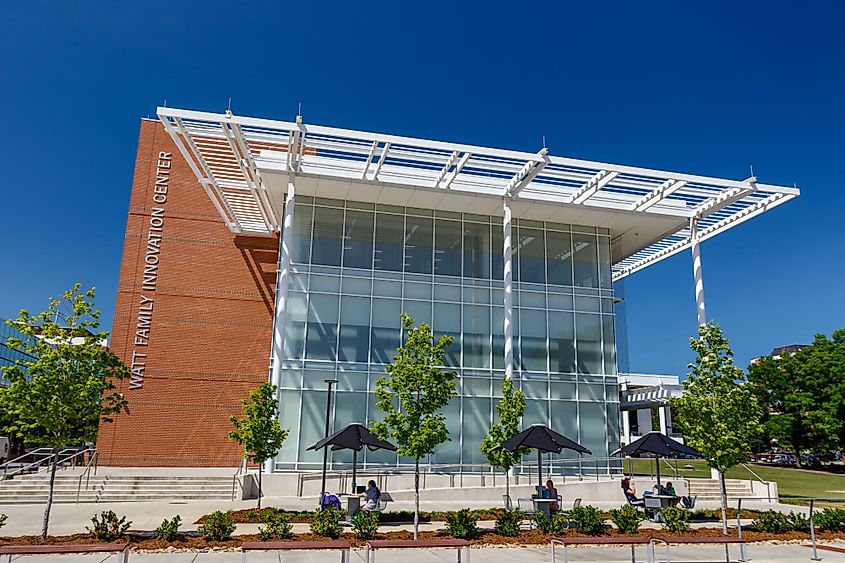
Clemson University, a renowned public research institution, holds a prominent position on the map of South Carolina. Nestled in the foothills of the Blue Ridge Mountains, this institution is not only a beacon of academic excellence but also a vibrant cultural and economic force within the state. Its strategic location, rich history, and unwavering commitment to innovation have cemented Clemson’s reputation as a leading university in the Southeast and beyond.
A Glimpse into Clemson’s Geography and Location:
Clemson is situated in the northwestern corner of South Carolina, in the picturesque town of Clemson, which shares its name with the university. The campus occupies approximately 1,400 acres of land, providing a sprawling and verdant environment for learning and exploration. Its proximity to the mountains offers stunning natural beauty, while its location within a short distance of major metropolitan areas like Greenville and Charleston ensures accessibility to cultural and economic opportunities.
The Historical Significance of Clemson’s Location:
Clemson’s history is intertwined with the land it occupies. The university was founded in 1889 on the former plantation of Thomas Green Clemson, a renowned agriculturalist and philanthropist. The legacy of Thomas Green Clemson is deeply embedded in the university’s mission, particularly in its commitment to agricultural research and its focus on serving the needs of the state.
Clemson’s Impact on the South Carolina Economy:
Beyond its academic excellence, Clemson University plays a crucial role in driving the South Carolina economy. The university’s research activities generate significant economic impact, fostering innovation and attracting investment to the state. The presence of Clemson also attracts businesses and industries to the area, creating jobs and stimulating economic growth.
Clemson’s Role in Shaping the Future of South Carolina:
Clemson is not merely a place of learning; it is a catalyst for progress and innovation. The university’s commitment to research and development has led to advancements in various fields, including agriculture, engineering, and biotechnology. Its graduates are highly sought after by leading companies and organizations, contributing to the state’s workforce and economic competitiveness.
Exploring the Academic Landscape of Clemson University:
Clemson University offers a wide range of undergraduate and graduate programs across diverse disciplines, encompassing the arts, sciences, engineering, business, and more. The university is particularly renowned for its programs in agriculture, engineering, and architecture, reflecting its historical legacy and its commitment to innovation.
Clemson’s Commitment to Research and Development:
Clemson University is a major research institution, fostering innovation and driving advancements in various fields. The university boasts state-of-the-art research facilities and a dedicated faculty committed to pushing the boundaries of knowledge. Research activities at Clemson have a tangible impact on the state’s economy and society.
Clemson’s Vibrant Campus Culture:
Clemson University is not just a place of learning but also a vibrant community. The campus is home to a diverse student body, fostering a rich and dynamic cultural environment. Student organizations, athletic teams, and cultural events contribute to the lively atmosphere of the university.
Clemson’s Legacy and Future:
Clemson University has a rich history, deeply rooted in the land it occupies and the legacy of its founder. The university’s commitment to innovation and its dedication to serving the needs of South Carolina have ensured its enduring legacy. Looking to the future, Clemson is poised to continue its role as a leading institution, shaping the future of South Carolina and contributing to the advancement of knowledge and progress.
FAQs about Clemson University:
1. What is Clemson University known for?
Clemson University is renowned for its academic excellence, particularly in the fields of agriculture, engineering, and architecture. The university is also recognized for its vibrant campus culture, strong athletic programs, and its commitment to research and innovation.
2. Where is Clemson University located?
Clemson University is located in the town of Clemson, in the northwestern corner of South Carolina. The campus occupies approximately 1,400 acres of land in the foothills of the Blue Ridge Mountains.
3. What is the history of Clemson University?
Clemson University was founded in 1889 on the former plantation of Thomas Green Clemson, a renowned agriculturalist and philanthropist. The university’s legacy is deeply rooted in its commitment to agricultural research and its focus on serving the needs of the state.
4. What are some of the notable alumni of Clemson University?
Clemson University has produced a notable list of alumni, including successful business leaders, politicians, athletes, and scientists. Some of the prominent alumni include Thomas Green Clemson, the university’s founder, as well as prominent figures in various fields, such as politics, business, and sports.
5. What is the student-to-faculty ratio at Clemson University?
The student-to-faculty ratio at Clemson University is approximately 18:1, providing students with ample opportunities for personalized attention and mentorship from faculty members.
6. What is the acceptance rate at Clemson University?
The acceptance rate at Clemson University is highly competitive, reflecting its status as a prestigious public research institution. The acceptance rate varies each year, but it typically falls within a range that indicates a selective admissions process.
7. What are the admission requirements for Clemson University?
Admission requirements for Clemson University typically include a high school diploma or equivalent, a strong academic record, standardized test scores (SAT or ACT), and letters of recommendation. Specific requirements may vary depending on the chosen program of study.
8. What are some of the research areas at Clemson University?
Clemson University conducts research in a wide range of fields, including agriculture, engineering, biotechnology, environmental science, and more. The university is particularly renowned for its research in areas related to its historical legacy and its commitment to innovation.
9. What are some of the notable research facilities at Clemson University?
Clemson University boasts state-of-the-art research facilities, including the Clemson University Biosystems Research Complex, the Clemson University Composites Center, and the Clemson University Energy Research Center. These facilities provide researchers with cutting-edge technology and resources to conduct groundbreaking research.
10. What are some of the major athletic programs at Clemson University?
Clemson University is renowned for its strong athletic programs, particularly in football, basketball, baseball, and soccer. The university’s athletic teams compete in the Atlantic Coast Conference (ACC) and have achieved national prominence in various sports.
Tips for Visiting Clemson University:
- Plan your visit in advance: Clemson University is a large campus, and it is advisable to plan your visit in advance to ensure you have ample time to explore the campus and its various attractions.
- Consider a guided tour: Guided tours are available for visitors and provide valuable insights into the history, architecture, and academic programs of Clemson University.
- Explore the campus: Take some time to walk around the campus and admire its beautiful architecture, lush green spaces, and vibrant student life.
- Visit the Clemson University Museum: The Clemson University Museum is a great place to learn about the history of the university and its founder, Thomas Green Clemson.
- Attend a sporting event: Clemson University is known for its passionate fan base and exciting athletic programs. Attending a sporting event is a great way to experience the university’s vibrant campus culture.
- Explore the surrounding area: Clemson is located in a picturesque area of South Carolina, offering opportunities for outdoor recreation, cultural attractions, and historical sites.
Conclusion:
Clemson University stands as a testament to the power of education, innovation, and tradition. Its strategic location in South Carolina, its rich history, and its unwavering commitment to excellence have made it a beacon of progress and a vital contributor to the state’s economic and cultural landscape. Whether you are a prospective student, a visitor, or simply someone interested in learning more about this renowned institution, Clemson University offers a unique and enriching experience. Its legacy continues to inspire generations, and its future promises further advancements in knowledge, innovation, and progress.
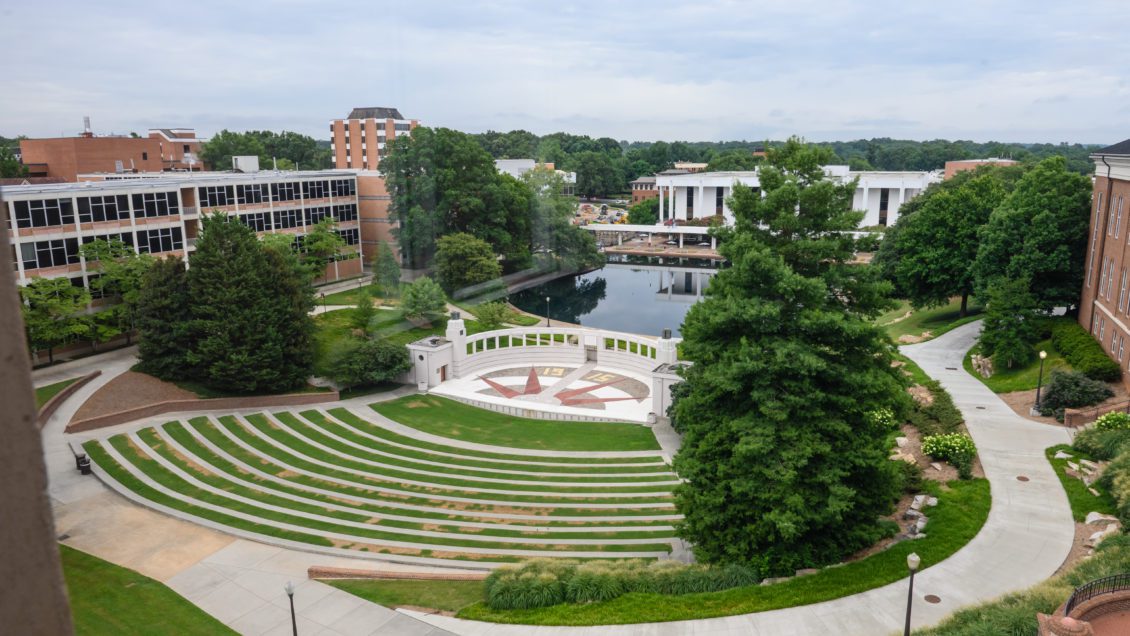
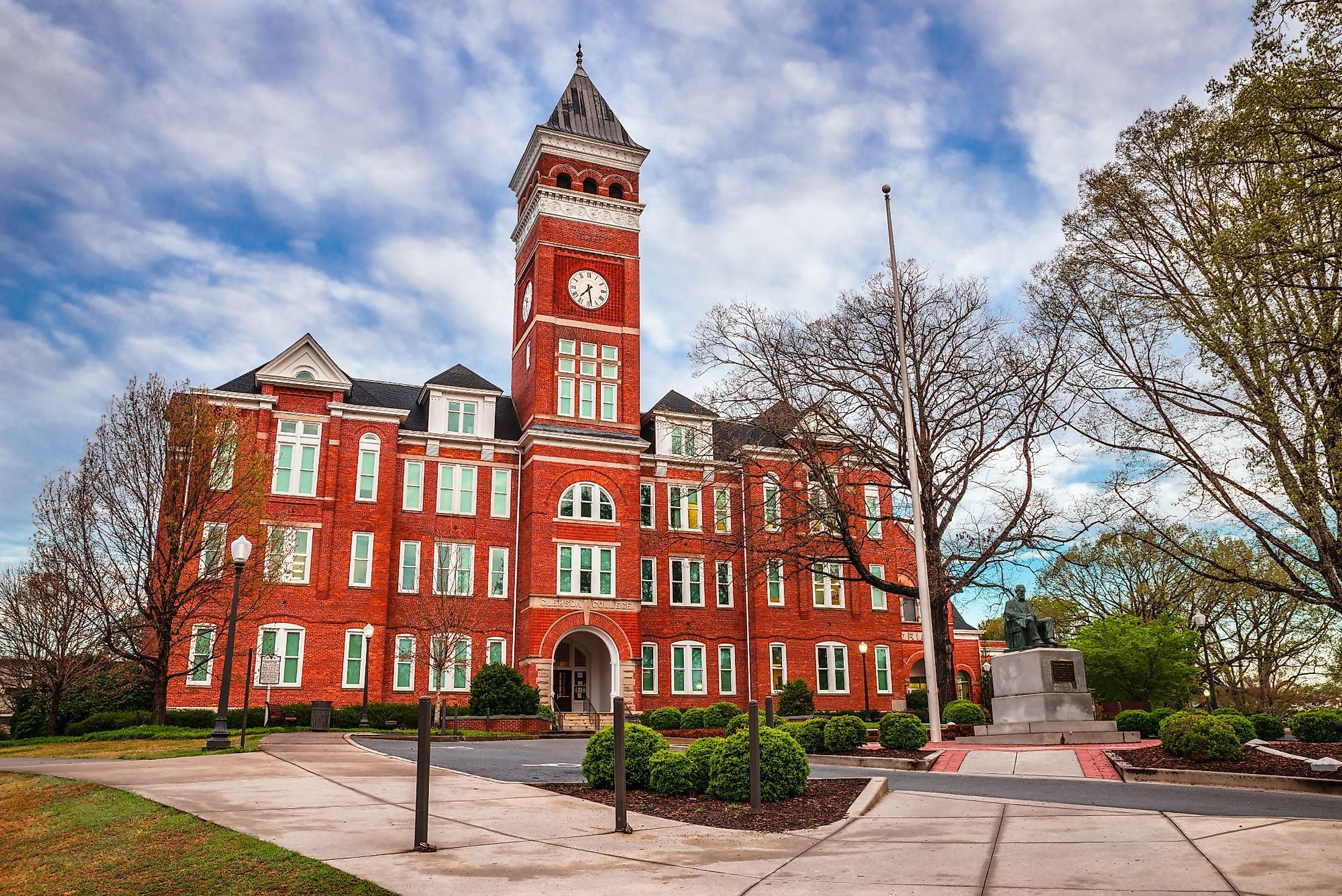
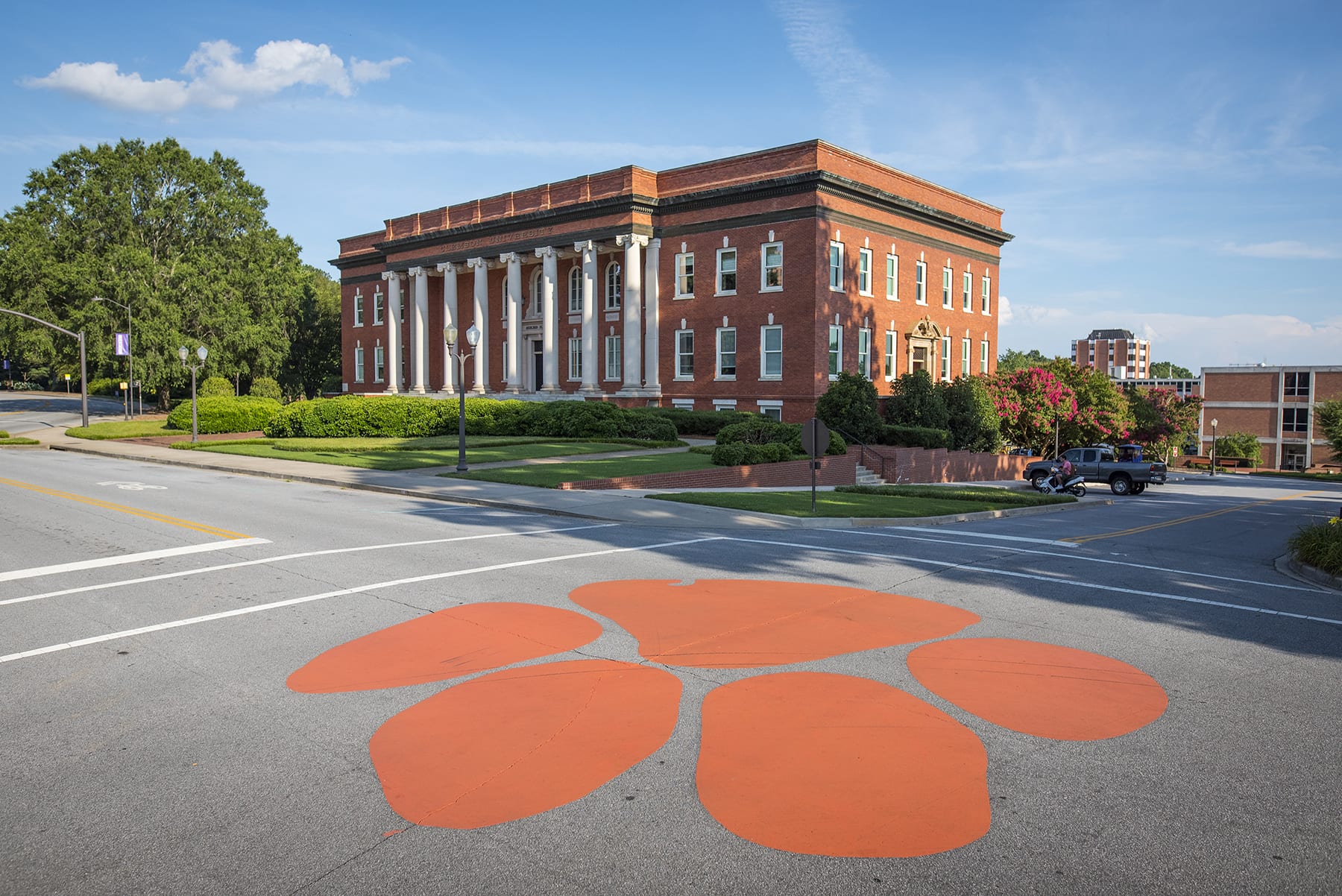
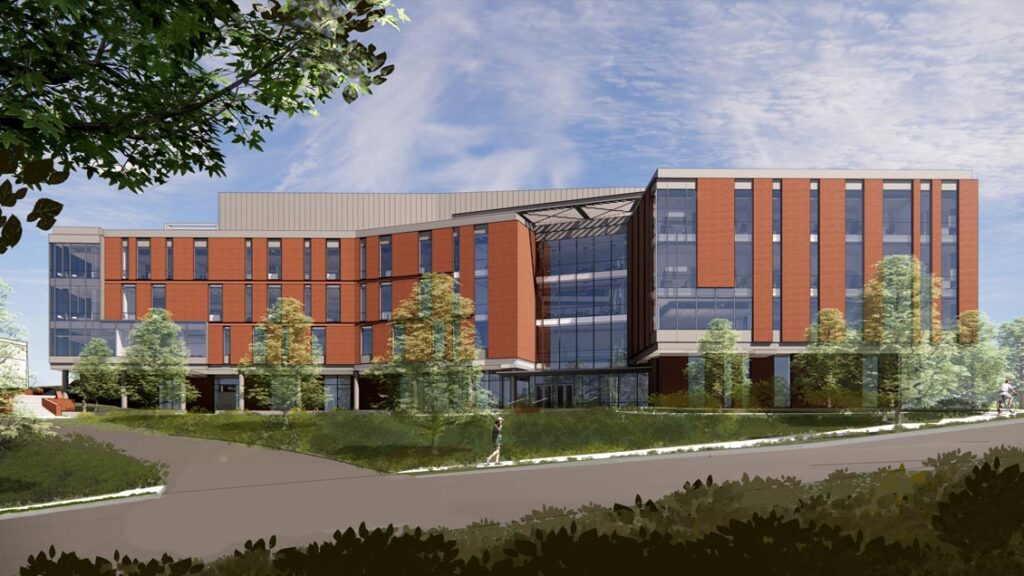
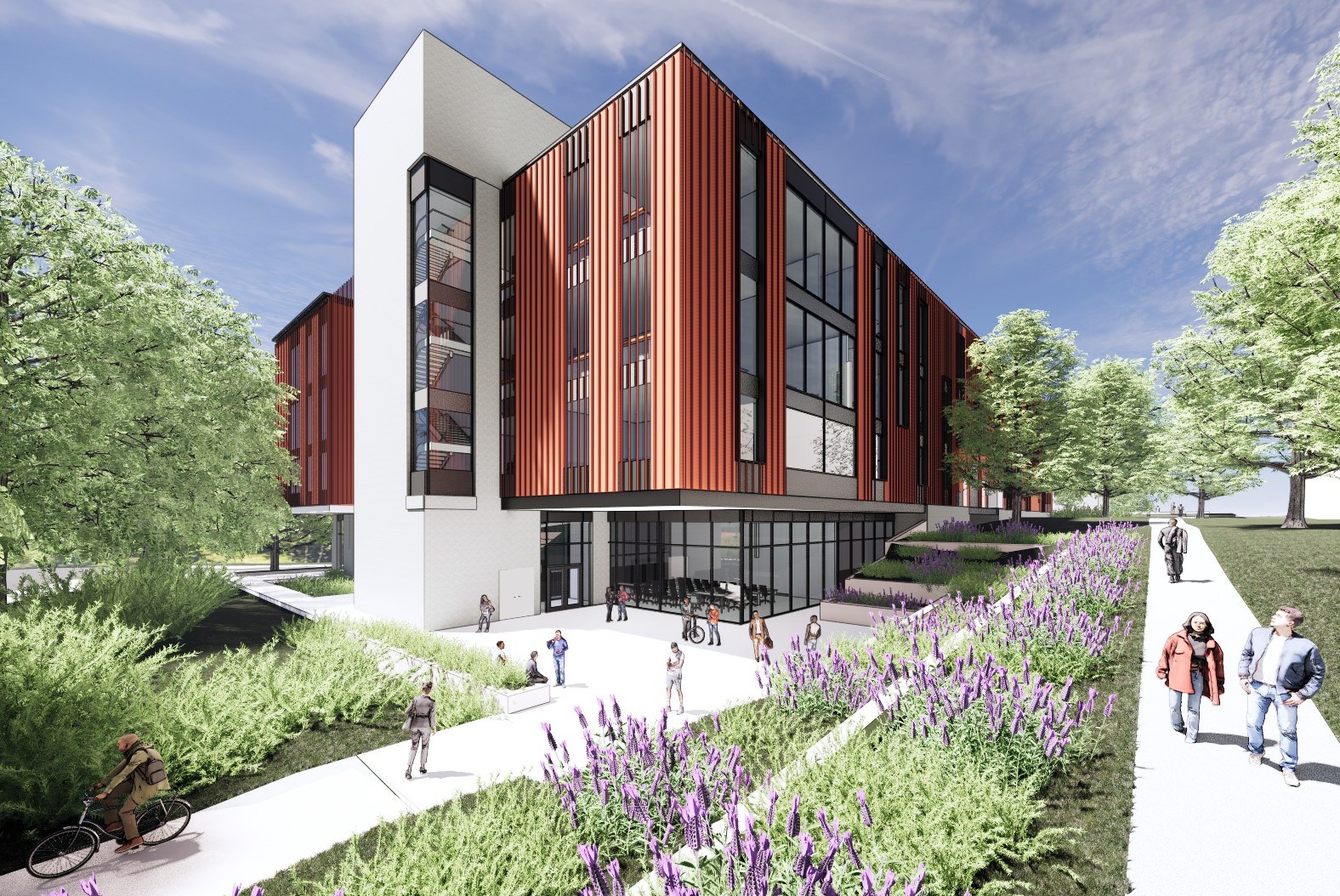
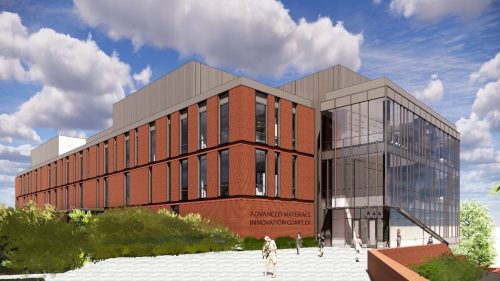


Closure
Thus, we hope this article has provided valuable insights into Clemson: A Hub of Innovation and Tradition in the Heart of South Carolina. We appreciate your attention to our article. See you in our next article!